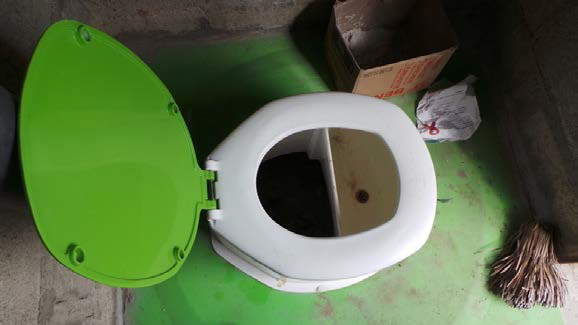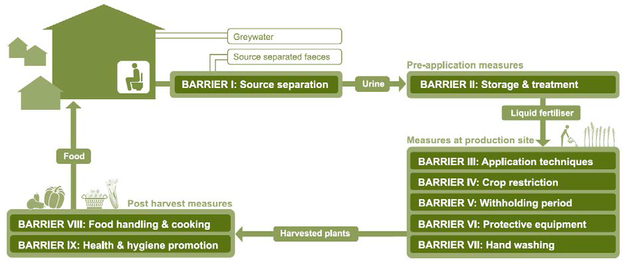The department of Water Management of the TU Delft in cooperation with UNESCO-IHE and several other Dutch and Mozambican partners have been working on a water reuse project in the city of Maputo, Mozambique since the beginning of February 2014. This work is part of the initiative “Urbanising Delta Cities of the World” funded by NWO.
Maputo, like so many other cities in developing countries, suffer from water scarcity as well as limited access to safe drinking water and insufficient sanitation. These problems are largely caused by population growth, and a lack of technical and economical capacity. Despite a lot of work being done for water supply and sanitation since Mozambique got its independency from colonial power in 1975, many improvements still need to be made. Taking an interdisciplinary approach, the TU Delft-project researches both the social and technical aspects of two (very different) types of water reclamation systems: the centralized reuse at the wastewater treatment plant of Maputo, and the de-centralized in peri-urban areas. The main goal is to assess and test the potential of water reclamation, while reducing pollution of the environment and, at the same time, generating revenue.
One of the ways to reduce pollution is by minimizing the de-centralized use of industrial fertilizer, which tends to seep into the water supply. TU Delft is experimenting with building separating toilets to collect the urine of the towns around the fields. Though too rich to be used pure, diluted urine has proven to be a very potent and effective fertilizer. And one at that which probably won't damage the water supply for the towns around the fields. Good deal! But that's of course all still being researched by the team.

